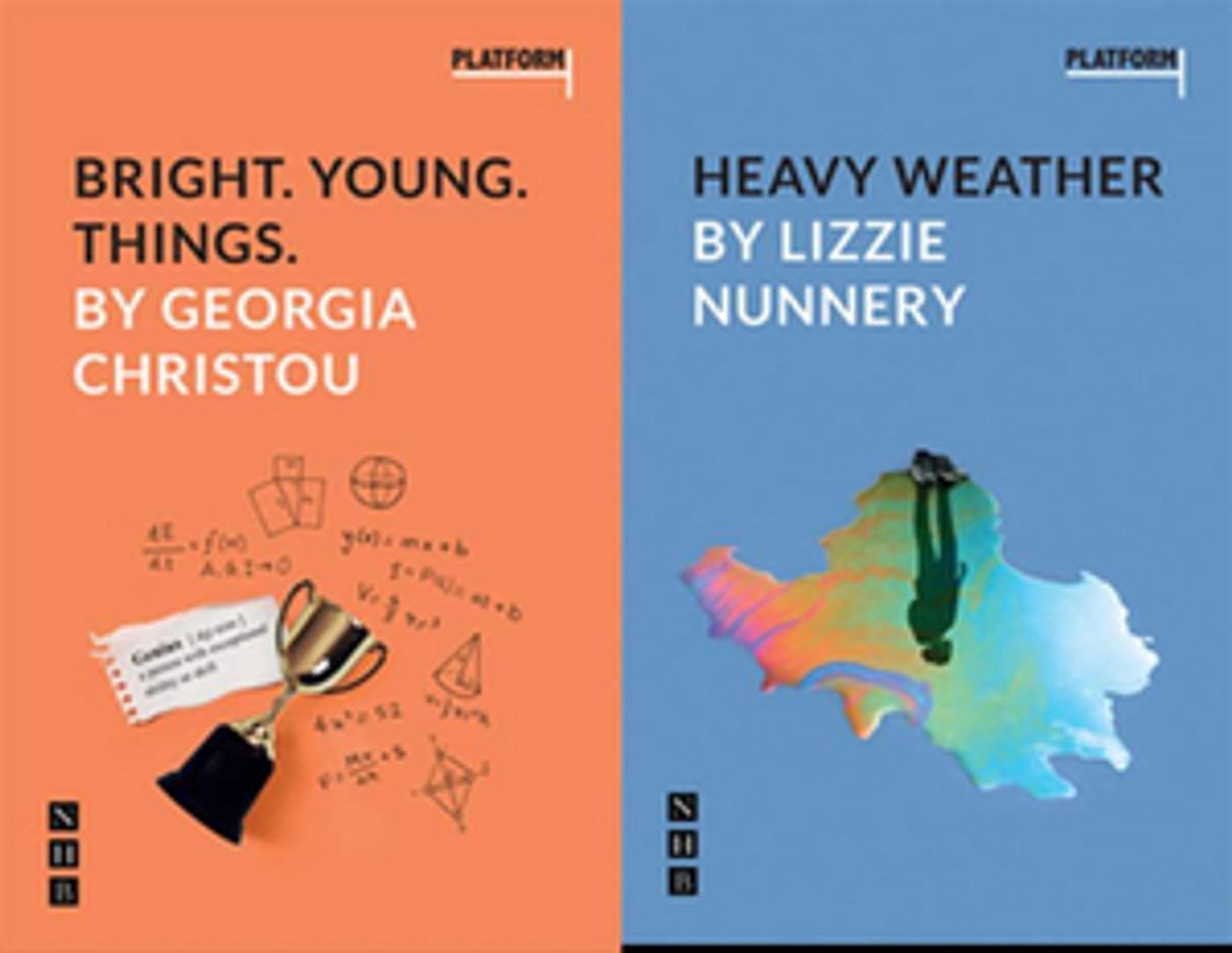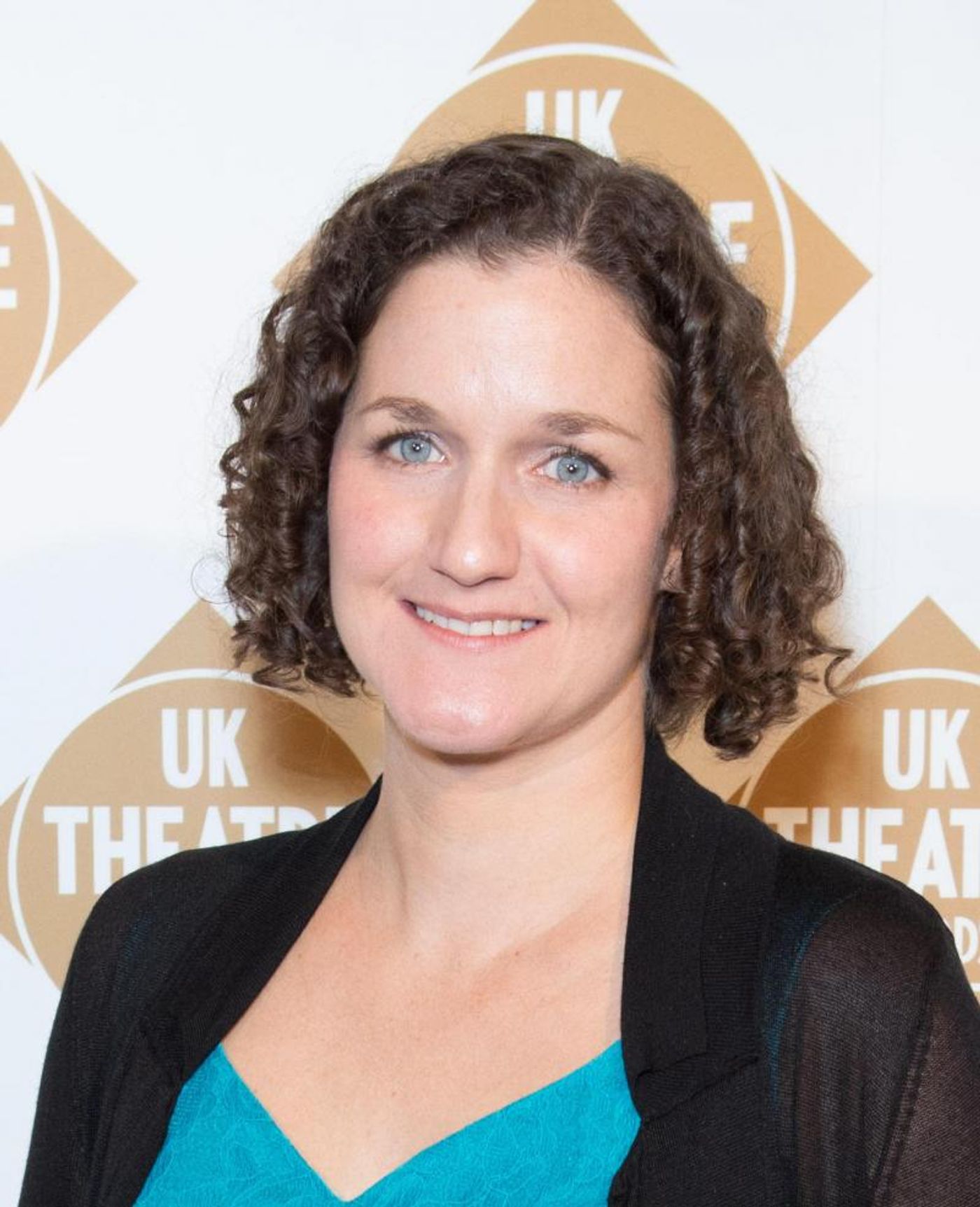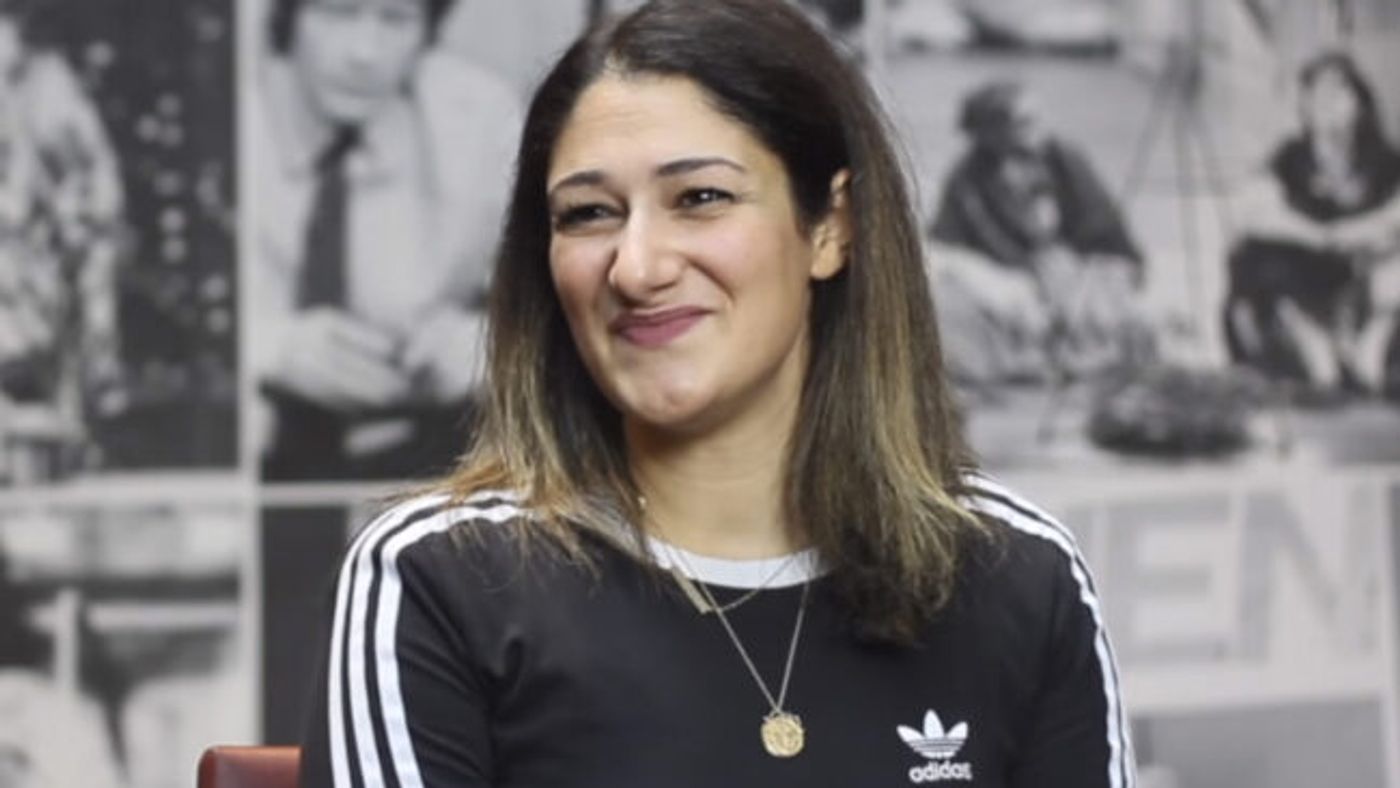Interview: Georgia Christou and Lizzie Nunnery Talk Writing for Tonic Theatre's Platform Project
The Platform plays aim to redress the lack of challenging and complex parts for young female actors.

In 2015, Tonic Theatre launched the Platform project, in which they commissioned plays that put young women and their stories at the heart of the action, with mainly or entirely female casts.
The two latest additions to the Platform series are Bright. Young. Things. by Georgia Christou and Heavy Weather by Lizzie Nunnery. We spoke to Georgia and Lizzie about what it's like to be part of the Platform project, and why they feel it's so important.
How did you end up getting involved with Platform?
Georgia: I met Lucy Kerbel [Director of Tonic] around ten years ago, and we worked on a show for schools together where I was an actor and she was a director. She also ran a writing course for actors, which I did, and that was my first attempt at writing. After a few years, our paths crossed again, and by that point I was writing for a living. She told me about the Platform plays and asked me if I'd be interested in writing one, and I was!
Lizzie: A similar timeline actually: back in 2007, Lucy was assistant director on one of my plays at the Everyman in Liverpool, and we really connected over ideas about women in theatre. She got in touch when she was launching the Platform series, but annoyingly I had all kinds of other things going on. I was really pleased that she came back to me and asked again, and I finally got to write a Platform play.
The Platform project was created as a response to the lack of substantial parts for young female actors in plays - can you tell me more about why you feel this is so important?
Lizzie: I think there's a really important discussion that is being had around how to tell stories differently on stage for women, and how it's not enough to just change a character name from John to Jane. It's not just about casting a woman as Othello. We need storytelling that does more than that and explores uniquely female perspectives. When you go into a theatre group and speak to young women, they're so eager and full of energy and hope, but also really frustrated and irritated by all the complexity of emotion they have in their own lives that they can't find an outlet for.

Can you each sum up your plays in a couple of sentences?
Georgia: My play Bright. Young. Things. is for a younger cast, aimed at 11-13 year olds. It's about a 'Child Genius' competition, and looks at themes around female ambition and identity.
Lizzue: Heavy Weather is an episodic play about a character called Mona, who is 16 and is in complete crisis over the climate situation. She goes on this kind of psychedelic journey where she's searching for her mother at a climate change protest. It's a kind of twisted coming-of-age story, which hopefully is quite funny at points.
It's often said that a man on stage is seen to represent an experience that is universal, whereas a woman on stage is seen to represent a uniquely female experience. I found it interesting that neither of your plays were about 'women's' issues - they are just stories where the interesting characters happen to be female. Was this a conscious decision you made?
Georgia: I remember having a really early conversation with Lucy, and she had loads of interesting and helpful thoughts. She said quite specifically, "We don't want a play about teenage pregnancy or anything like that". The focus was more the on opportunity to just have a go at writing a good, robust part. Lucy had done so much research into where the gap was, and what was really needed, so she had a very specific brief.
These are plays with a spotlight on the representation on the female experience, but what do you think about the representation of transgender and non-binary people in theatre? Is there room for parts in the plays to be adapted to other genders?
Georgia: There is totally and always tons more space for representation of other genders in theatre. In this play, I felt that some of the characters were just very written from a female experience, and I wanted to keep the chunkier roles open for girls. But I also was responding to the need for flexibility. Because if you're a youth group or a drama class, the likelihood of being able to have exactly the right amount of boys and girls is tricky. So, another part of this commission was trying to make the piece as flexible as possible.

Lizzie: I totally agree that some of the challenge with Platform is to write flexibly. The emphasis therefore is on a script that can be interpreted in so many different ways, so if you only had a room full of boys, they could still perform these plays. Or if you had a room entirely full of girls, or young people who identified as trans or non-binary, then they absolutely could still play these roles. I think the focus of Platform is taking universal themes and filtering them through perspectives which can be female, but I don't think that's totally rigid in any way.
How are you feeling about the future of the theatre industry?
Lizzie: I think I'm feeling as hopeful as possible, and from a creative point of view, it's impossible that theatre will be defeated; there are too many brilliant creative people out there who will keep making work at any cost.
But I think we also have to think about the longer-term cost - we have to make sure that it doesn't mean that people who are more privileged end up being the only ones who can afford to work in theatre. After the pandemic, there'll be less money around, and it'll be even harder for people to take that leap and become a theatre artist. So, I think we've all got to be really careful that we don't lose brilliant, talented people.
Georgia: I also feel like this virus has been really hard on young people in general - they're going to be the one's paying for it in the long term, not just financially but emotionally. It's quite a weird feeling that you're putting a play out into the world for young people, but also knowing that it's difficult to perform them at the moment. I feel really hopeful for the theatre, and I think work will continue to be made, but exactly as Lizzie expressed, it's a question of who is making it.
Bright. Young. Things. and Heavy Weather are available to buy from Nick Hern Books
Videos

